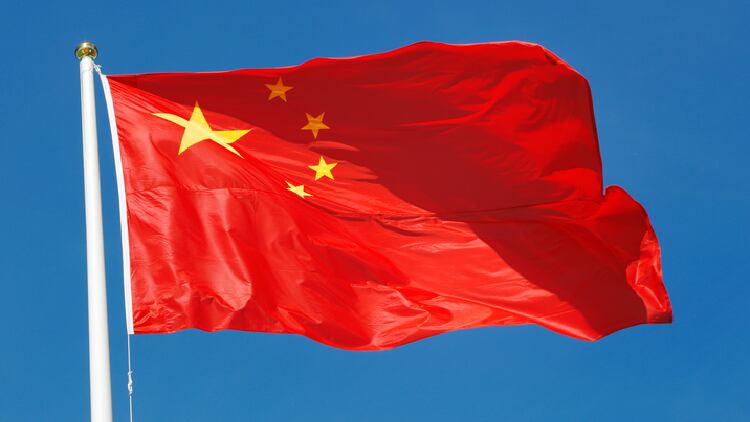Certification clarity: Vegan logo application only needed for processed food products - India food safety authority
The Food Safety and Standards Authority of India (FSSAI) has assured food firms dealing in ‘vegan by default’ products that they do not need to have the new national vegan logo displayed on their products and need not undergo the certification process as a result.
The products exempted include agricultural commodities, such as rice, cereals, pulses, oil seeds. All other products will need to make and application and display the Vegan logo.
FSSAI formally launched the national Vegan logo in 2022, mandating traceability as well as compliance as key criteria for food firms looking to pass the vegan product certification process.
Korean regulator clamps down on liquid tea sold to elderly consumers as health functional foods
South Korea’s Ministry of Food and Drug Safety (MFDS) is clamping down on liquid tea sachets sold as health functional foods to elderly consumers.
Most of these products claimed to contain a high percentage of expensive raw materials, such as red ginseng, velvet antler, and cheonma (Gastrodia elata) when only trace amounts were present.
The ministry said that fake product marketing had worsened as domestic spring tourism had resumed after COVID social distancing regulations were lifted.
Market consolidation? Only major domestic brands and MNCs to thrive in China’s tougher infant formula market – experts
It will mostly be the major domestic players and MNCs that will thrive in China’s infant formula market in the upcoming years, claim experts, citing a raft of reasons such as a more stringent regulatory environment, negative population growth, and an under-performing economy as hurdles for other firms.
China’s new national standards (Guobiao / GB) for infant formulas were officially enforced from February 22, where manufacturers would have to reformulate their products’ calories, carbohydrates, proteins, and micronutrients content.
Industry experts who spoke to NutraIngredients-Asia said that the move would have consolidated the country’s infant formula market, as smaller and lesser brands might have chosen not to reformulate the product and exit the market.
Exclusive Malaysia nutrition sector analysis: From vending machine trend to fears over unregistered products online
From emerging sales channels for functional foods and supplements such as vending machines, to fears over unregistered products being sold online, as well as industry concerns over advertising and ingredient rules, the Malaysian industry is currently a hotbed of activity.
In terms of regulations related challenges, the sale of supplements unregistered with the National Pharmaceutical Regulatory Agency (NPRA) was “one of the biggest threats faced by the members” of local industry body Malaysian Dietary Supplement Association (MADSA).
These are products that were not registered with the National Pharmaceutical Regulatory Agency (NPRA) and therefore did not come with a registration of notification number.
India nutra enforcement: Regulator sets sights on non-compliant ingredients, exceeding RDI levels, and misleading claims
India’s food and nutraceutical regulator has ordered a special enforcement drive to curb the flow of non-compliant products。
The Food Safety and Standards Authority of India (FSSAI) ordered on March 7 for all states to carry out a “special enforcement drive” to check for product compliance and to “take strict action against any incidence of violation by the FBOs (food business operators)”.
According to the notice, this is because products not in compliant with the Food Safety and Standards Regulations 2022 (FSS Regulations 2022) were found in the market.





